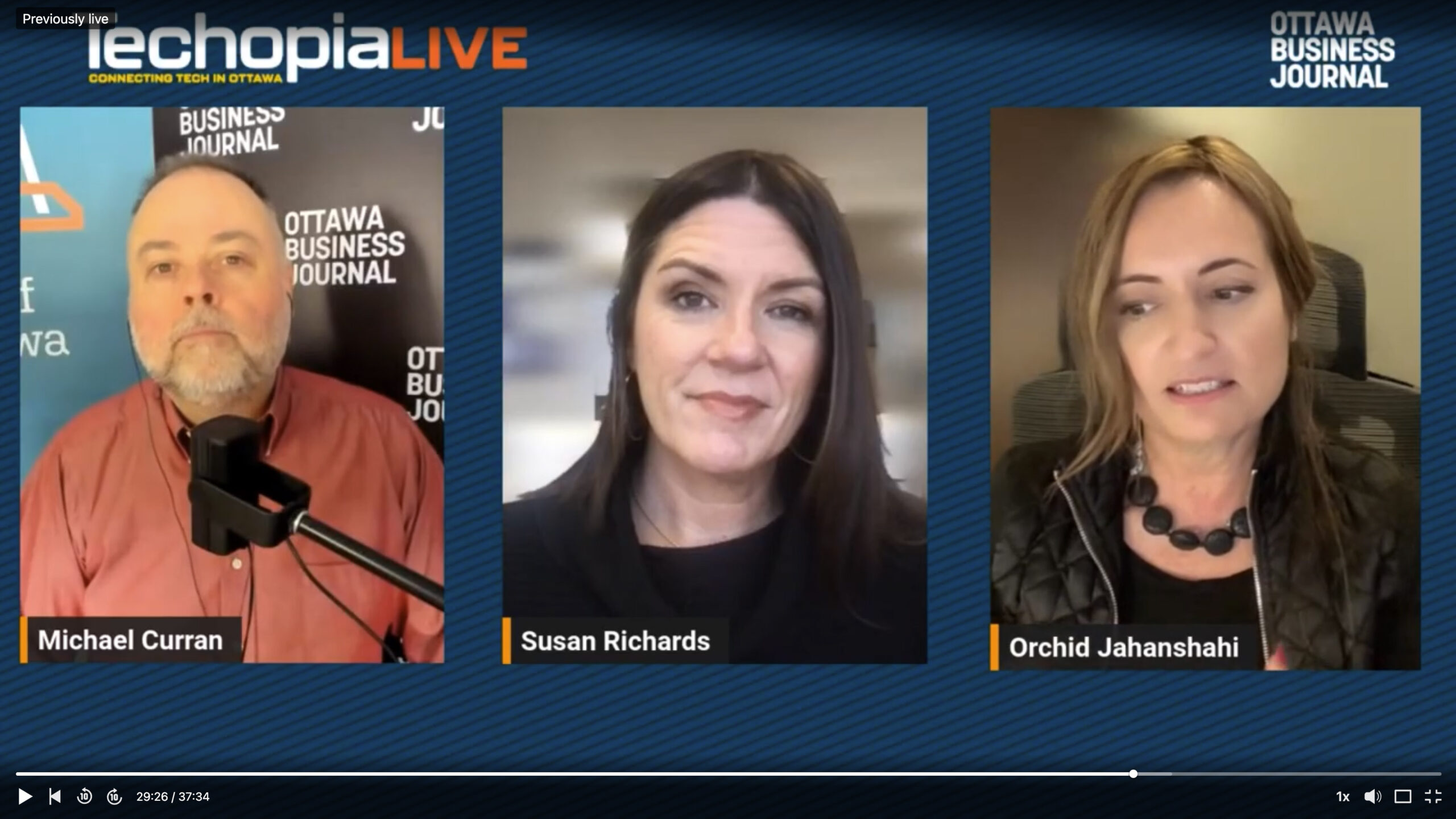Have you launched a SaaS business and are wondering if you are properly accounting for sales tax and income tax? As a Virtual CFO in Ottawa, Canada I am encountering more and more SaaS businesses that are winging it when it comes to doing business outside of Ontario. For those that think these areas are simple, think again. Every jurisdiction has their own set of rules and they change often. Ignorance is not a valid defence either. It’s critical that you track your customers by geography at the provincial/state level at minimum and have appropriate tax codes set up accordingly so that you will be prepared to respond when CRA or the IRS come knocking.
Not sure if you are at risk? Maybe this will help. I recently ran some commonly asked questions I encounter to Bryan Haralovich at Welch LLP and thought I’d share his responses with you.
Q. I occassionally have entrepreneurs ask if they could charge less tax if their business or their servers were located in provinces with lower sales tax rates. Is this a viable strategy?
A. Probably not. The place of supply rules determine the applicable HST/GST rate to charge and for those provinces with a PST, PST is applicable to the extent your business has a presence in the province. As such the location of your office is a factor but other factors such as location of employees and your activities in the province such as the active soliciting of customers in a province will be relevant in determining the requirement to register for and collect the PST in the PST provinces.
Q. Ontario SaaS businesses do not need to charge 13% HST to US customers do they?
A. Maybe. SaaS sales to non-Canadian (non-resident) customers will qualify for zero-rating if the product is downloaded outside of Canada. When sales are zero-rated no Canadian sales tax should be charged. It is important to note, however that if the non-resident is also operating in Canada they will be required to register for GST/HST and the Canadian company would be required to charge the applicable GST/HST.
Q. When US clients ask Canadian companies to complete a W8 BEN form, should they?
A. Yes, if the client insists. Canada and the US have a tax treaty that addresses cross border transactions. When Canadian companies sell to US customers, the US customer needs to determine whether it should withhold tax on the payment to the Canadian company. The W-8BEN-E form is used by the US company to determine the Canadian company’s status in the US and the requirement to withhold tax.
Q. When US clients ask Canadian companies to provide their Employer Identification Number (EIN) and they don’t have one, should they?
A. You are not obligated to obtain and EIN unless the Canadian company is required to file a return or other forms in the US. Some US customers will insist that you have an EIN for purposes of filing the form W-8BEN-E. In this case obtaining an EIN is a routine process that does not have any impact on your status with the US tax authorities. Please note that @-8BEN-E form references a tax identification number (TIN) which for corporations would be equivalent to the EIN.
Q. It is hard for Canadian SaaS entrepreneurs to imagine they could be deemed to have a Permanent Establishment (PE) in the US when they are not incorporated there and have no US based office location. What are some of the factors considered by the US for determining whether a Canadian business needs to file US taxes?
A. It is important to monitor a Canadian company’s presence in the US at both a federal and state level. At the federal level the Internal Revenue Agency (IRS) will require Canadian companies that have a PE to file a federal branch tax return to report their US net income or less.
At the state level Canadian companies will need to determine if they have Nexus. Nexus is a concept similar to permanent establishment. Companies creating Nexus in a state will need to file a state income tax return and determine the extend to which other taxes are applicable such as sales and use tax (equivalent to Canadian PST/HST).
A company can create a PE or Nexus via a physical presence in the US and/or state. Generally speaking, at the federal level a company will need to have a physical presence such as an office or US employee to create a PEI and federal tax filing obligation, although in certain circumstances a PE could be created through Canadian employees spending significant time in the US.
At the state level Nexus can be created through a physical presence and by virtual of the activities in the state such as attending trade shows, having Canadian company employees in the US providing services, actively soliciting sales by meeting with customers in the state or by having servers located in the state. The determination of Nexus can be a challenge as each state sets their own sales and use tax rules. Therefore it is important to track your activities within each state including sales to customers on a state by state basis and leverage a tax specialist to determine your obligation to register, collect and remit the applicable sales and use tax and file state income tax returns.
Q. Beyond the IRS, every state has it’s own set of tax rules too. Are their particular states that are more aggressive when it comes to taxing Canadian companies and claiming there is a PE?
A. All of the US states are aggressive in ensuring that they are collecting the sales tax on transactions within the state. From a technology sector perspective New York and California are states where many companies do business. We do see New York and California being aggressive in asserting their right to require Canadian companies to collect and remit sales and use tax and pay state income tax.
I hope this has been a helpful indicator of some areas you need to be on the lookout for. If you detect you may have a PE or Nexus I highly recommend you reach out to Bryan Haralovich directly at 613-852-1897 or via email at bharalovich@welchllp.com









